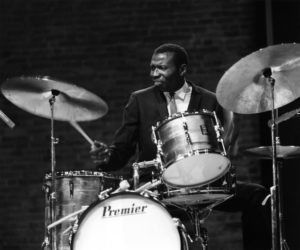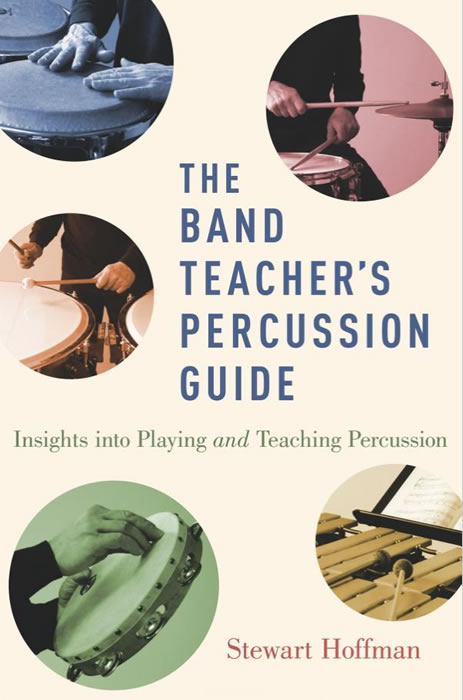Jazz Legend Leads the Parade
(Profile of drummer Elvin Jones)
The National Post, 24 June 2000
By Stewart Hoffman
It has been about 40 years since Elvin Jones, the dynamo behind the legendary John Coltrane Quartet from 1960 to 1966, redefined the art of jazz drumming.
Jones is a tall man, and in those days, mounted behind his undersized drums, he could seem a giant. Though he could perform with the lightest touch and utmost restraint, he more often stunned audiences through the sheer power of his playing and the unheard-of complexity of his rhythms. The hurricane-like turbulence he whipped up on the instrument may have fallen short of lifting the roofs off buildings, but he regularly propelled musicians’ performances into the stratosphere.
And there’s little doubt that the effect will be much different when he brings the current edition of his Jazz Machine to the Toronto Star Stage at Nathan Phillips Square next Wednesday. Jones takes pride in sharing the stage with two winners of the Thelonious Monk International Jazz Competition: pianist Eric Lewis won last year, and trumpeter Darren Barrett – who was raised in Toronto and attended the Humber College jazz programme – took top honours in ’97.
It’s younger musicians like these, says Jones in a recent interview, who bring fresh ideas and enthusiasm to the band. But at 72-years-old, he’s surprisingly modest when discussing the relative youth of his band members. “They’re very talented,” he says, adding “I’m fortunate that they come to me.” Perhaps. But it goes without saying that any jazz musician, at any age, would give their eyetooth to share the bandstand with Jones.
He’s equally self-effacing when describing his collaboration with Coltrane. They met when Jones moved from Detroit to New York in 1956.
“We were friends,” says Jones. “I used to walk over every night and listen to him play when he was working with Thelonious Monk at a club called the Five Spot in New York. We had similar backgrounds.”
Like Coltrane, Elvin Jones’ mother sang and played piano in the local church choir, and gospel music filled the home. His father was the church deacon. It’s no surprise that the spiritual side of music is something that both musicians shared. “Spirituality,” says Jones, “is one of the ingredients that made John Coltrane’s music so powerful. That’s where the real power of his music came from. I could hear it in his playing, so I’m sure he could hear it in mine.”
But in 1966, when Coltrane added a second drummer to the band, Jones decided to leave. In the ’80s, when jazz in North America suffered a decade in the doldrums, Jones worked mostly in Europe, South America and Japan. But by the ’90s, the North American jazz renaissance had begun and, says Jones, “the momentum is still gathering.”
He is philosophical about his ability to keep up. “I know I’m not 22,” he says. “I feel it sometimes.”
But not much. And slowing down is not in the cards. “My age just gives me a greater capacity to understand and interpret.” About twenty-five years ago, he heard the great cellist, Pablo Casals. “He was 94-years old, and left me breathless. Age can be debilitating, but it can also be a powerful motivating force for whatever one has to do. If Casals can last 94 years, I think I should have a couple more in me.”
(Profile of drummer Elvin Jones)



